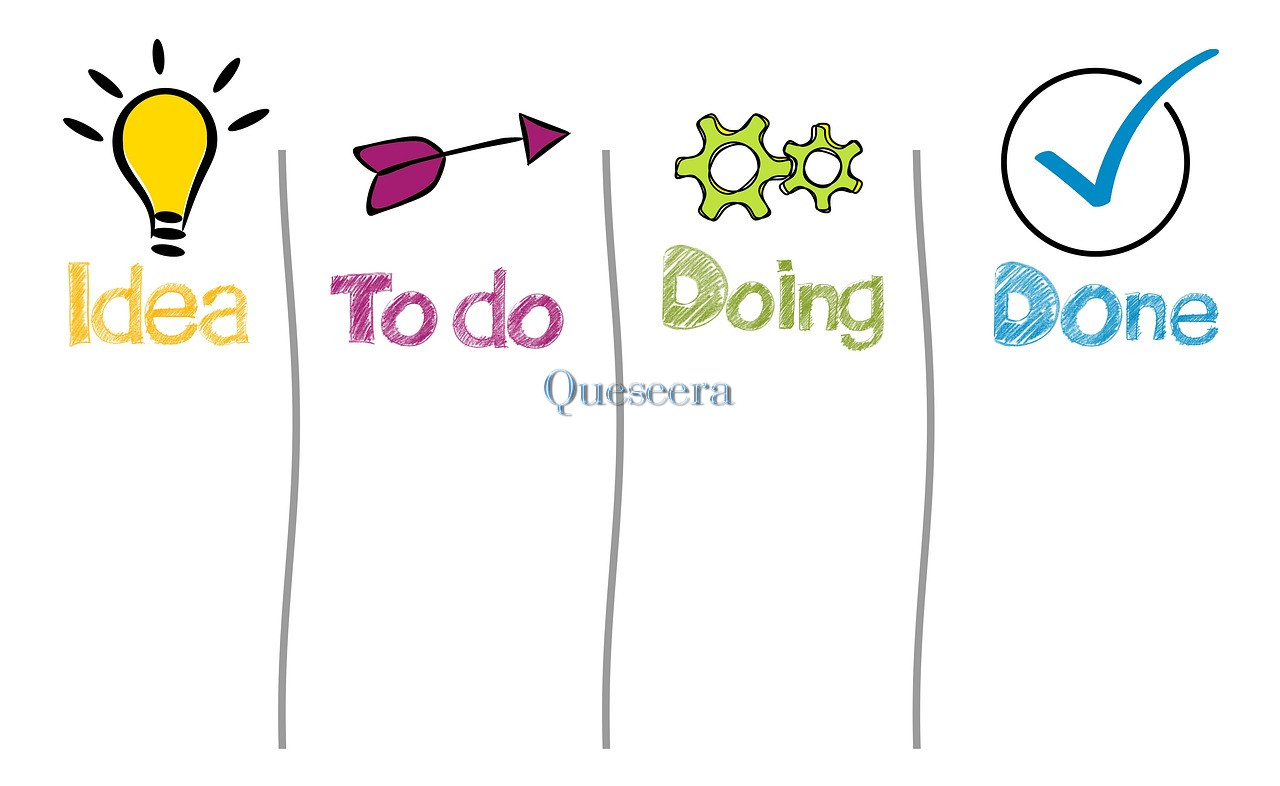Introduction
Franchise Business Model Explained: The franchise business model is one of the most famous in the world. It’s a great way for entrepreneurs to launch a company without having to create a brand from scratch. In this model, the franchisor gives the franchisee the right to use their name, product, and services in return for a fee. In this article, we will go deep into the franchise business model and explain how it works.
Franchise Business Model – What is it?
A franchise business model is a business model in which a company grants another party the right to operate under its trademark and business system. The franchisee may use the franchisor’s installed system, products, and services to run the company. The franchisee pays an initial fee and ongoing royalties for the right to use the franchisor’s system.
For example, McDonald’s is a well-known chain. They provide their brand name, logo, menu, and operating system to their licensees. In exchange, the franchisor pays the franchisee an initial fee as well as ongoing royalties. This enables the franchisee to operate a McDonald’s restaurant while benefiting from the company’s name recognition and proven business model.
Types of Franchise Business Models
Product Distribution Franchise Business Models The two types of franchise business model are franchising. When a franchisee sells the franchisor’s goods, it is called a franchise. For example, Coca-Cola is a merchandising franchise. Franchisees distribute Coca-Cola products and earn a commission on sales.
On the other hand, business forms provide a complete business system to the franchise owner. Includes company name, operating system, products, and services. The franchisee follows the franchisor’s pre-established company model. This is a popular franchise rather than a product distribution franchise. McDonald’s, Subway, and 7-Eleven are examples of company forms.
Advantages and Disadvantages of the Franchise Business Model
The franchise company model has advantages and disadvantages. One benefit is getting access to the franchisor’s proven business strategy, which has already been tested in the market. Compared to starting a company from scratch, this reduces the chance of failure. The franchisee also profits from the franchisor’s an advertising and brand recognition.
However, there are some drawbacks to the franchise company model. The high cost of entry is one of the most significant disadvantages. Franchisees must pay an initial fee as well as ongoing royalties, which can be expensive. Furthermore, the franchisee has only limited control. They must adapt to the franchisor’s established system, which can limit creativity and innovation.
Conclusion
Finally, the franchise business model is a popular way for entrepreneurs to start a business without building a brand from the ground up. In return for a fee, it grants the owner the right to use the Propeller’s installed system, products, and services. Product Distribution Franchise Business Models The two types of franchise business model are franchising. Although the franchise business model has its pros and cons, it can be a fantastic way for entrepreneurs to start a successful business.
Read the Article: The Art Of Selling To The Rich And Wealthy

